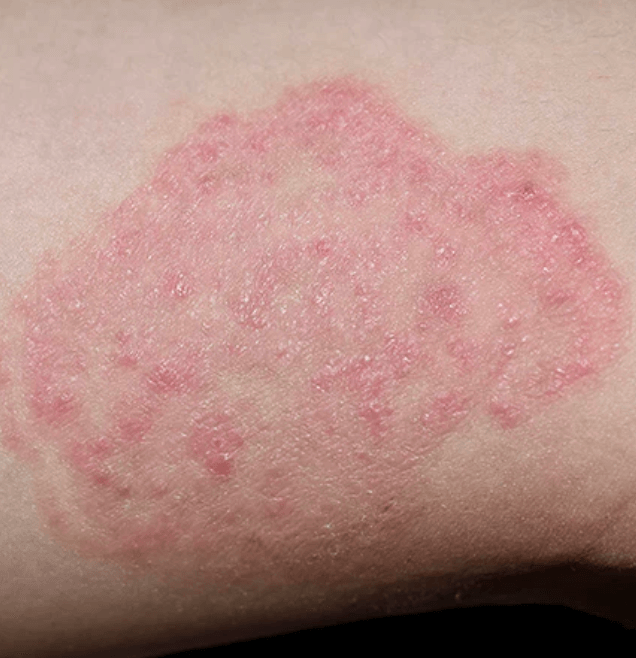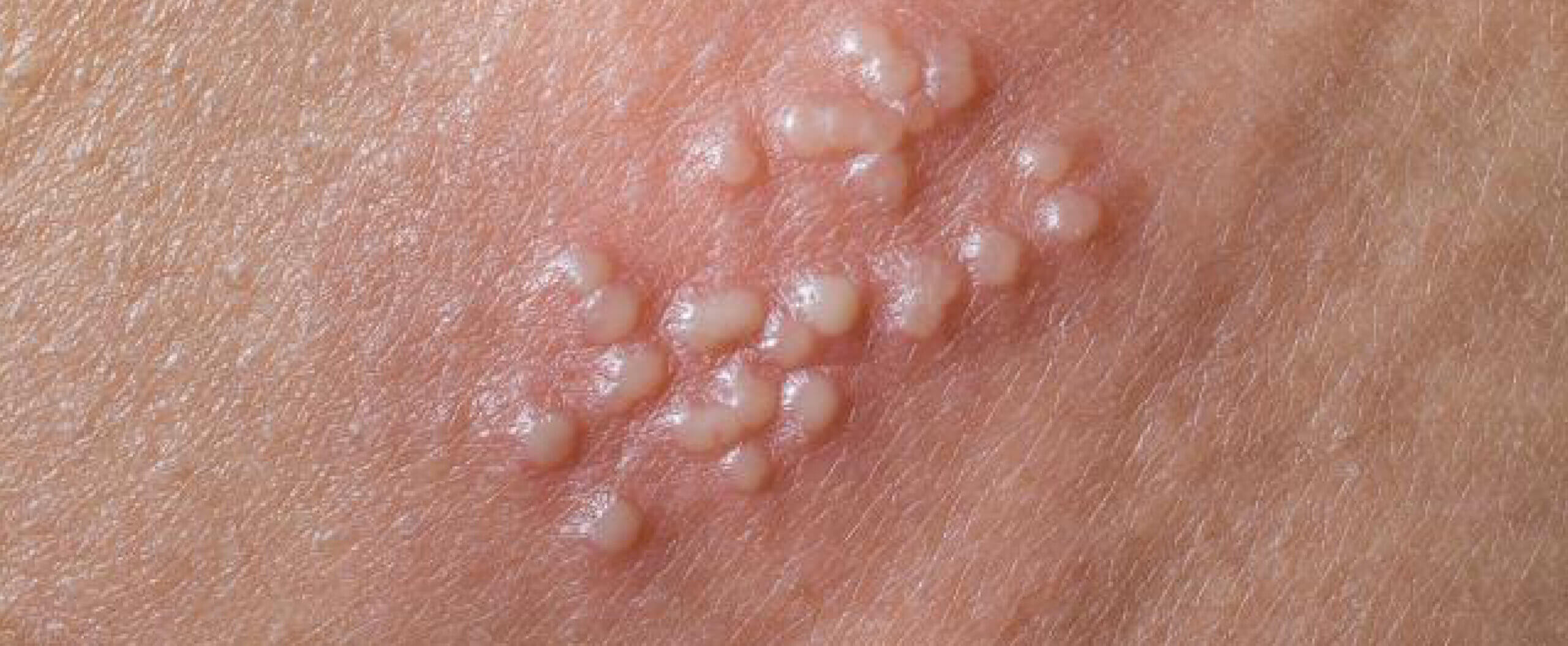Skin infections
Skin Infections are quite common issues for most people.
Skin Infections are quite common issues for most people. They can have a number of causes as well as a number of options for treatment. The skin’s job is to protect the organs from infections, however sometimes it can become infected itself. Generally, we can treat these infections using over the counter medications or antibiotics.
Types of Skin Infections
Bacterial Skin Infections: They often begin as small, reddish bumps and slowly increase in size. Some of these bacterial infections are mild and easily treated with antibiotics. Common bacterial skin infections include cellulitis, impetigo, and warts/boils.
Viral Skin Infections: Infections caused by a virus. These can range from mild to severe, these infections include shingles, herpes zoster, chickenpox, molluscum contagiosum, warts, measles, and certain diseases of the mouth or hands.
Fungal Skin Infections: Skin infections caused by contact of a fungus, usually from being in contact with a fungus from a damp, dark area. Or an area used by a lot of people like a locker room, or communal shower. These infections include athlete’s foot, yeast infections, ringworm, hair/nail fungus, and diaper rashes.
Parasitic Skin Infections: Skin infections caused by a parasite. These infections can easily spread to other organs and parts of the body through the blood, so they are quite dangerous. They can even be life threatening in severe cases. They include lice, bedbugs, scabies and different types of larva migrans.
Other milder skin infections are abscesses, pimples, warts, and other bumps or irritations.
If you have some skin irritation that you fear may be infected contact Devonshire Dermatology today for treatment.


Consultation
- Detailed history of your skin concern
- Total skin examination
- Holistic assessment of your health
- Diagnosis
- Discussion of treatment options
- Personalised treatment plan
- Treatment
FAQs
Dermatologists can diagnose many skin problems by discussing the symptoms and examining the skin. Sometimes, additional testing may be necessary.
A variety of skin tests are available to help diagnose skin problems such as bacterial, viral, or fungal skin infections. A skin biopsy can be performed to tell the difference between rashes, malignant (cancerous) cells, and benign (noncancerous) growths.
See answer

Skin infections range from mild, severe and life-threatening. Dermatologists determined that there are four different types of skin infections: bacterial, viral, fungal and parasitic.
These are a few of the most common bacterial skin infections:
- Cellulitis
- Impetigo
- Boils
- Leprosy
Different viral skin infections include:
- Shingles
- Chickenpox
- Warts
- Measles
- Molluscum contagiosum
- Hand, foot and mouth disease
Some common fungal infections include:
- Yeast infection
- Athlete’s foot
- Ringworm
- Nail fungus
- Oral thrush
- Diaper rash
Parasitic skin infections that are common include:
- Lice
- Bedbugs
- Scabies
- Cutaneous larva migrans
Each one of these skin infection types has a range of symptoms, causes and treatments. If you notice any problems with your skin, contact your us right away.
See answer

Depending on if you have a mild or a severe case, common symptoms include but are not limited to redness, swelling, itching, pain and tenderness. In more severe cases, you may see pus, blisters, skin sloughing, foul odours or dark, discoloured skin. Do not pop or pick at any blisters. Popping these areas can cause spreading. When pus touches other parts of your skin, it can seep into other cuts or clog up your pores.
Instead, if you notice any of the symptoms above, whether they are mild or severe, leave the area alone and visit your doctor or dermatologist right away. Untreated skin infections can cause high fevers, illness, and in severe cases, death.
See answer



